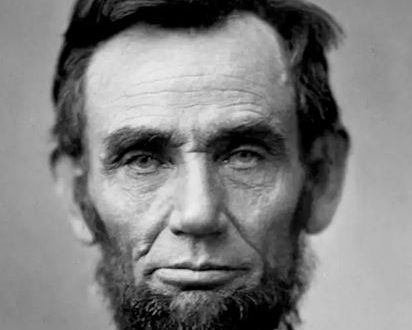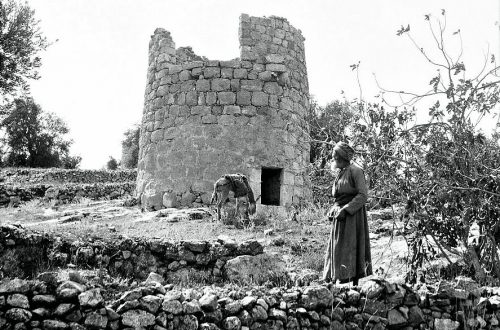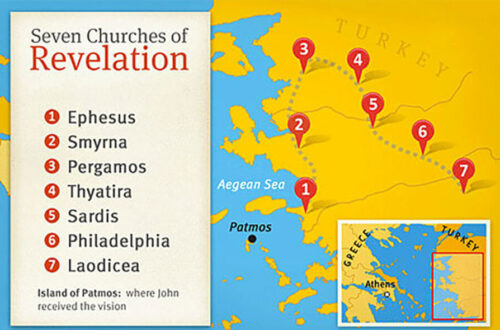-
Daniel, an elder statesman
Title: Daniel, an elder statesman Aim: To recognize that God is building a kingdom that is everlasting. Scripture: Daniel 7:9–14 Daniel, the man, Daniel 1–6 The book of Daniel contains historical accounts known and loved by generations of believers and unbelievers alike. What child who has spent any time in Sunday school cannot tell the episode of Daniel in the lion’s den? Or who does not know at least the basic elements of the deliverance of Daniel’s friends, Shadrach, Meshach, and Abednego from Nebuchadnezzar’s fiery furnace? Miraculous events such as these have given Daniel a welcomed place in many people’s hearts. As a member of the Israelite nobility in…
-
Ezekiel, a visionary prophet
Title:Ezekiel, a visionary prophet Aim:To comprehend that God’s holy presence and infinite power encourage us to heed His Word. Scripture:Ezekiel 1:1–28 Ezekiel, the prophet, Ezekiel 1:1–3 Ezekiel name means “God strengthens.” He was the son of Buzi, a priest of the family of Zadok (Ezek 1:3). What is known about Ezekiel’s life comes from the information he gives in his book. Also, his prophecies contain dates more specific than almost any others in the Old Testament. This makes it possible to correlate Ezekiel’s declarations with Babylonian records and date many of the prophet’s oracles (e.g. 1:1–3; 8:1; 20:1; 24:1; 26:1; 29:1, 17; 30:20; 31:1; 32:1, 17; 33:21;…
-
Isaiah, a willing prophet
Title:Isaiah, a willing prophet Aim:To answer God’s call to serve. Scripture:Isaiah 6:1–12 Isaiah’s vision of God’s throne room, Isaiah 6:1–4 Isaiah 6 is the prophet’s record of how he heard and responded to God’s call to serve. At first, it may seem odd that Isaiah’s commission to prophesy does not come until after five chapters of oracles. These chapters deal with such themes as judgment, discipline, exile, restoration, and blessing. Yet, Isaiah placed his commissioning account here to prove he had the credentials to deliver the opening series of oracles against Judah. God dramatically called Isaiah to his prophetic ministry “in the year that King Uzziah died”…
-
The writing is on the wall!
Thousands of years ago, a Babylonian ruler named Belshazzar, confident in his own authority and power, dishonored God. In turn, the Lord judged the vice-regent swiftly and decisively. These observations serve as a sobering reminder that no one, regardless of their temporal authority and power, is beyond the reach of the Creator’s swift judicial verdict. The Divine Intervention, Daniel 5:1–7 Daniel 5 spotlights a time in ancient history when Nabonidus (556–539 B.C.) was the king of Babylon, having succeeded Nebuchadnezzar II (605–562 B.C.). Between their reigns were a succession of would-be monarchs who either died young or were assassinated. Previously, Nabonidus had served Nebuchadnezzar and had married…










